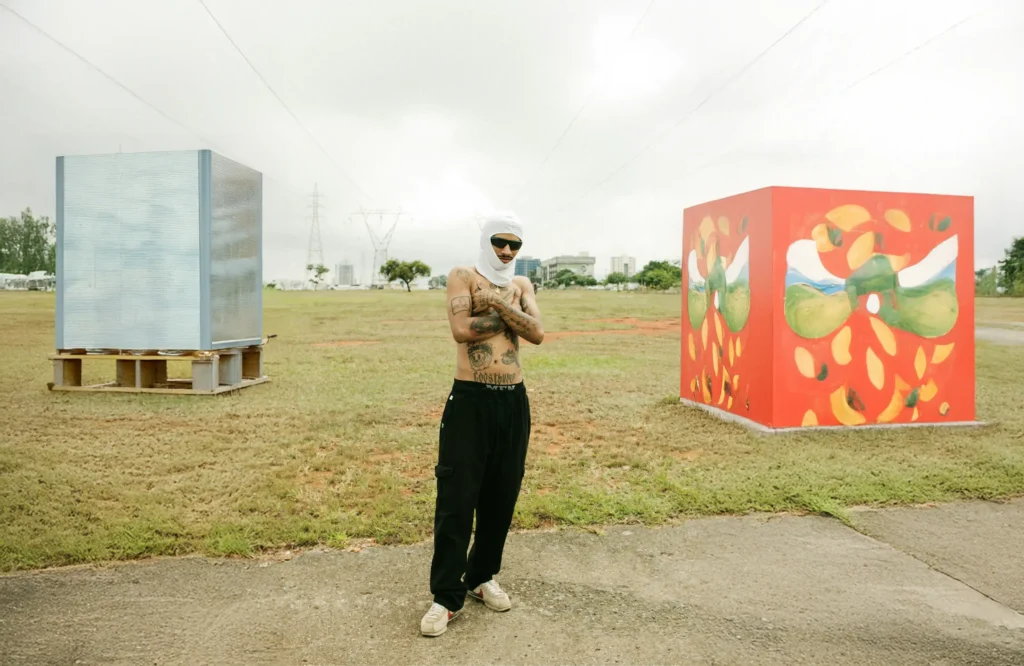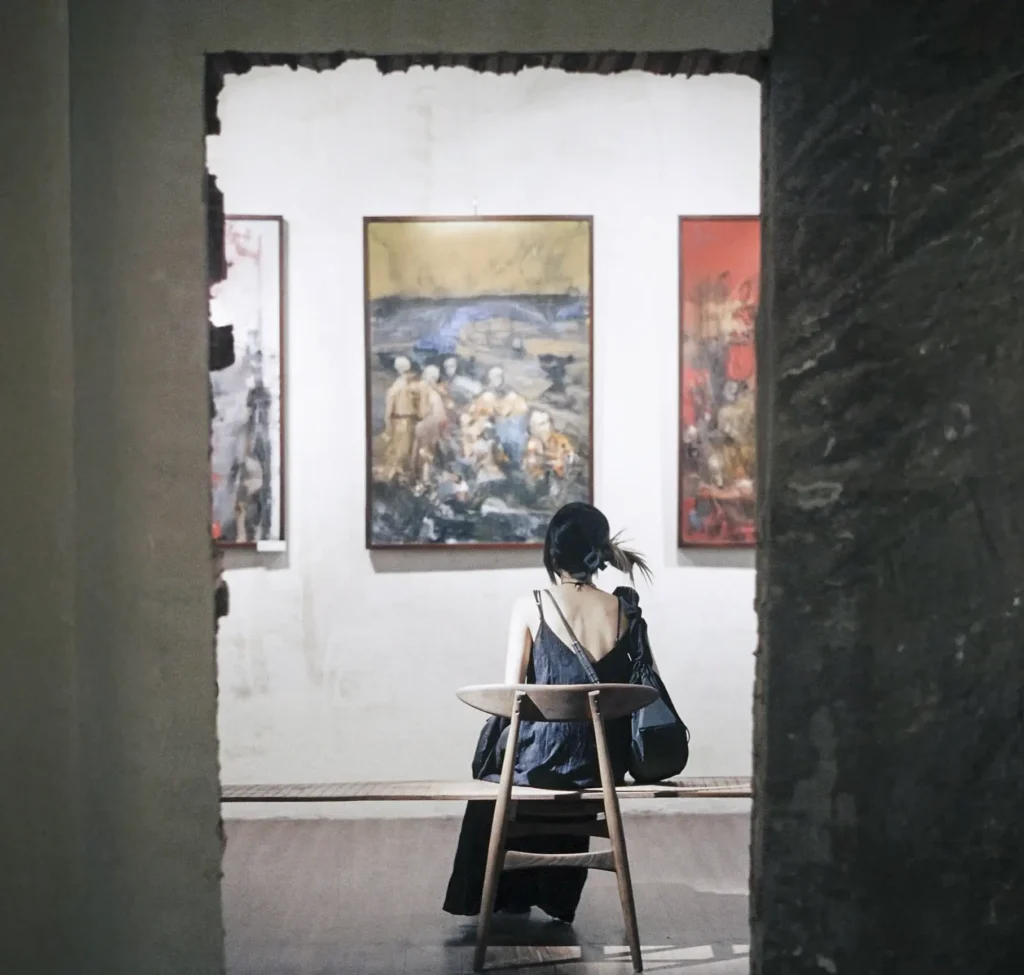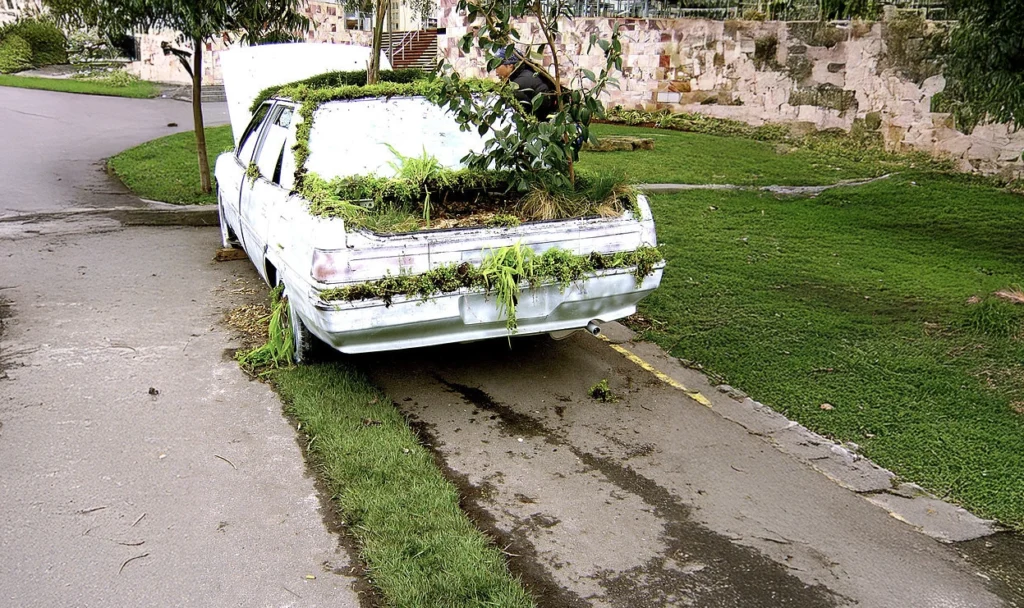Dwuh does not rely on linear workflows or fixed production cycles. Most projects evolve through interruptions and reconstructions, with some remaining “in progress” for extended periods. This loose structure allows works to shift between phases, responding to changes in context, environment, or medium.
In the context of Dwuh, “completion” is not a goal but a provisional state. A work is seen as a moment of process—something that may pause, resume, reorganize, or reappear in a different form.
Although digital tools are part of the practice, Dwuh avoids technical spectacle. Material choices are driven by the project’s inquiry itself, with technology playing a role in shaping perception, space, or time—rather than dominating them.


